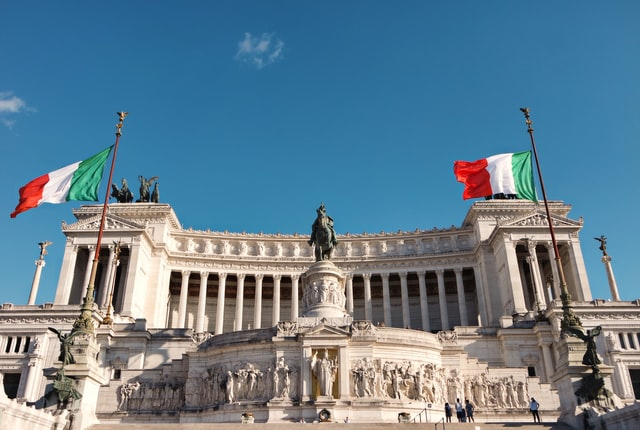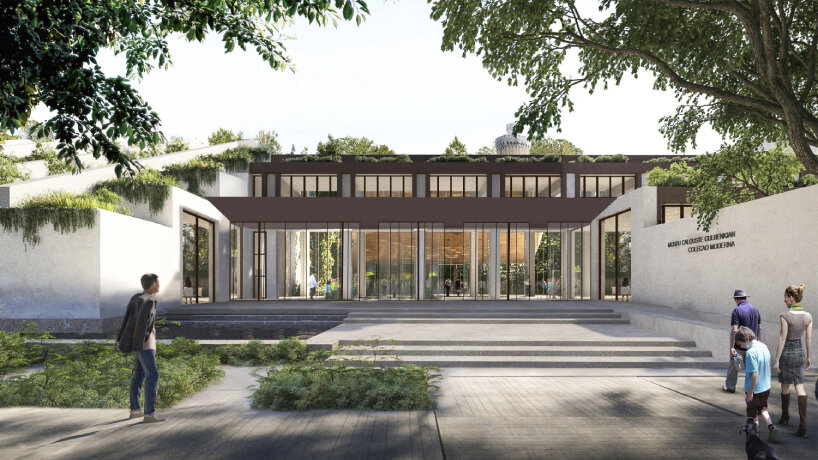Owner Jorge Cancela at Landscape Farm first saw the rolling hills and valleys north of Santarém when he arrived as a boy, a 12-year-old sent from Lisbon to the countryside to avoid the conflict of revolutionary Portugal. The Ribatejo’s landscape here somehow settled in his heart. Later, as an expert in urban and environmental planning who worked in the city, he returned whenever he could to this spot, eventually realising he needed to be truthful to himself and his values. While he had always evangelised about sustainability, would he be able to make it work in practice?

He began buying small plots of land neighbouring his grandparents’ home, working hard to gain organic certification. His organic chickpeas and chícharos (an almost extinct variety of pea) recently won gold medals at the Santarém National Gastronomy Festival. He produces small batches of olive oil and other tempting goods – lemon curds, jams, chutneys, pestos, sun-dried tomatoes, honey – all of which he sells in a premises that smell deliciously of French polish and beeswax.

After an enthusiastic welcome from Jorge’s dogs, and an engaging introduction to the work and yield of his olive oil cold press, which is all about quality not quantity, we climb into a battered 4×4 and go exploring. He tells of ‘dancing with nature’ rather than fighting it. Limestone clay hillsides and valleys eroded by rivers and time offer different possibilities according to their orientation. Vegetables are grown in the semi-shade of the valley floor; brush and scrubland are restored to hold the earth together and re-establish natural habitats for wild boar, badgers, and – the hope is –wildcats like the Iberian lynx.
When we met Jorge’s gentle-eyed horses and donkeys, he greeted each individually by name, nuzzling them. We also visited his bees and heard about traditional bee-keeping methods in naturally anti-bacterial and temperature-controlled cork. He told us about the simple ways he protects his hives from aggressive, invasive species. He hopes the bees may learn to protect themselves as some other bee species have, using the heat of the swarm to surround and ward off intruders.

Jorge’s passion for the land is seductive and moving – it’s easy to see why he does what he does as you gaze across groves where gnarled and silvered olive trees abide like living sculptures. He told me of one tree, dormant for four years, to which he one day sadly said his farewells. When he returned with his axe a week later, the tree had heeded his little nudge: it had sprouted back to life.
At a lane between two parcels of land, he recounts how the British incited local farmers to use a scorched-earth policy against the French 300 years ago. He explains a personal theory: that the larger, older trees visible at the corners of certain fields had been left untouched by those very farmers – to mark the boundaries of their land – in a silent promise they would return when the war was over.

The landscape is not just geology or geography, nor a means to an end. It’s history, our history, our human stories, says Jorge, his eyes crinkling as he talks. Every year he gives back to the land, planting a hundred trees – a project visitors can contribute to. For €30 pp, small groups can come here to learn about and work on the land for a day and eat a delicious lunch. No wine is produced (his meagre vines yield delicious grapes for eating) so instead of wine-tastings, he conducts olive oil tastings, helping visitors understand the subtleties and complexities of his trees’ precious fruit. Over 50 Landscape organic-certified products are available in farmshops around the area, and in baskets delivered by adults with learning disabilities to the Greater Lisbon region. All can be ordered in the online shop and delivered worldwide.













